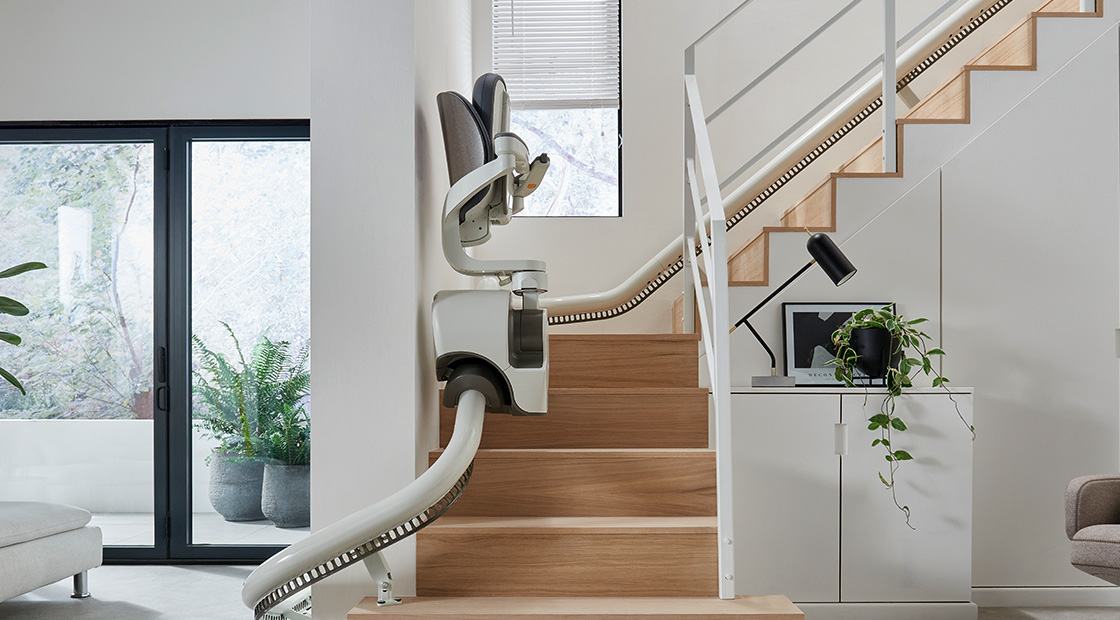Lifts and elevators have become an essential part of modern buildings, both for residential and commercial purposes. Whether you’re a homeowner looking to install a home lift for convenience and accessibility, or a business owner needing an elevator for your office building or commercial property, choosing the right lift supplier is critical. The right supplier ensures that your lift system is reliable, efficient, and safe, providing value for years to come. With numerous options available in Malaysia, making the right choice can be a daunting task. This guide aims to help homeowners and businesses navigate the process of selecting the best lift supplier for their needs.
1. Assessing Your Specific Needs
The first step in choosing a lift supplier is to assess your specific requirements. Lifts come in a variety of designs, sizes, and functionalities, and identifying your needs early on will help narrow down your options.
For Homeowners:
- Accessibility: If you’re looking for a home lift for a multi-level house, accessibility will be a key concern. Are you looking for an elevator to help with mobility for elderly family members or individuals with disabilities? Consider a lift that is easy to operate, has safety features such as smooth starts and stops, and can accommodate wheelchairs or mobility aids.
- Design & Aesthetic: A lift in a residential setting should complement the home’s interior design. Do you prefer a modern, sleek look with glass panels, or a more traditional, enclosed lift? A reliable supplier should offer customizable designs to match your home’s aesthetic.
- Space Considerations: If space is limited, compact home lifts or small passenger lifts are ideal. You may want to discuss space-saving designs with the supplier to maximize functionality while keeping your home layout intact.
For Businesses:
- Traffic Volume: A commercial lift’s primary function is to handle a high volume of passengers or goods efficiently. Consider the foot traffic of your building—how many people use the elevator on a regular basis? For office buildings or high-rise properties, you may need a lift with a larger capacity, faster speeds, and greater durability to accommodate constant use.
- Type of Lift: Businesses often have more specific requirements based on the type of service. For example, freight lifts for transporting goods, hospital lifts for medical equipment, or panoramic lifts for aesthetic purposes. Understand the type of lift that will best serve your needs.
- Compliance and Regulations: Lifts in commercial properties need to comply with local regulations and safety standards. A reliable lift supplier will ensure that your lift system adheres to these legal requirements and provides necessary certifications.
2. Researching Potential Lift Suppliers
Once you’ve identified your specific needs, the next step is to research potential lift suppliers in Malaysia. While there are many suppliers to choose from, you should focus on those that have proven experience and offer the services you require.
What to Look For:
- Reputation and Experience: Choose a supplier with a solid reputation and years of experience in the lift industry. Check their portfolio to see if they’ve worked on similar residential or commercial projects. Experience matters because an established supplier is more likely to understand your needs and deliver a product that meets your expectations.
- Certifications and Licensing: Make sure the lift supplier is certified by relevant authorities and meets local safety and quality standards. In Malaysia, lift suppliers must adhere to guidelines set by the Department of Occupational Safety and Health (DOSH) and other regulatory bodies. Ask for proof of certifications and licensing to ensure the supplier complies with industry regulations.
- After-Sales Service: Maintenance and after-sales service are critical for lift systems. Elevators require regular maintenance to ensure their longevity and safe operation. Choose a supplier that offers reliable after-sales service, including periodic maintenance, emergency repairs, and troubleshooting. It’s essential that the supplier provides good support even after the installation phase is completed.
3. Evaluating the Quality of the Lift Products
The quality of the lift itself is another important consideration when choosing a supplier. Here are a few key points to evaluate:
- Safety Features: Safety should always be a top priority. Look for lifts that come equipped with safety features such as emergency stop buttons, overload sensors, automatic doors, and backup power systems in case of power failure. In Malaysia, it’s important that lifts meet the Malaysian Standard MS 1184 for safety and quality.
- Energy Efficiency: With rising electricity costs and a growing emphasis on sustainability, energy efficiency is a key factor in choosing a lift. Modern lift systems are designed to consume less energy, reducing the overall operating cost and environmental impact.
- Customization Options: Your lift supplier should offer customization options to meet your unique needs. Whether you’re looking for a lift that fits within a specific design or requires special features like a unique finish, advanced control systems, or specific weight capacity, a good supplier will be able to tailor the lift to your requirements.
- Durability and Reliability: Lifts are long-term investments, and you want to ensure that your lift will last for many years without frequent breakdowns. Research the manufacturer’s reputation for producing durable, reliable, and low-maintenance systems. Also, ask about the warranties and guarantees offered by the supplier.
4. Understanding the Cost Structure
Cost is always a consideration when choosing a lift supplier. The price of lifts can vary widely depending on factors like size, capacity, design, and additional features. Keep in mind that while you may be tempted to choose the cheapest option, cutting corners can result in poor-quality lifts that require frequent repairs, resulting in higher long-term costs.
Cost Breakdown:
- Initial Installation Costs: Get a clear estimate of installation costs, including labor and equipment.
- Maintenance and Operating Costs: Consider the ongoing costs of running and maintaining the lift, including electricity, servicing, and repair costs. A reliable supplier should provide a transparent breakdown of maintenance plans and associated fees.
- Financing Options: Some lift suppliers offer financing options, especially for businesses or larger projects. If needed, inquire about flexible payment plans or leasing options to manage the upfront investment.
5. Visiting Showrooms and Getting Quotes
Before making a final decision, visit the lift supplier’s showroom or office to get a better sense of the products they offer. Seeing the lifts firsthand will give you a better understanding of their quality, design, and functionality. Additionally, discussing your needs directly with the supplier can help clarify any uncertainties and allow you to compare different models and features.
Request detailed quotes from multiple suppliers to compare prices and services. Ensure that the quotes include all costs associated with installation, maintenance, and any additional services. Be wary of unusually low quotes, as they may indicate subpar products or hidden costs.
6. Customer Reviews and References
Lastly, it’s essential to check customer reviews and references before making your decision. Positive feedback from previous customers can give you peace of mind that the supplier is reliable and provides excellent service. Ask for references, and if possible, visit past installation sites to see the lift in action.
Many lift suppliers in Malaysia have online presence, where you can read reviews and testimonials. Check websites like Google, Facebook, or local directories for customer reviews. If you know someone who has installed a lift recently, asking for recommendations can also be helpful.
Conclusion
Choosing the right lift supplier in Malaysia is crucial for ensuring the success of your residential or commercial lift installation. By carefully assessing your needs, researching potential suppliers, and considering factors like safety, quality, cost, and after-sales support, you can make an informed decision that will provide long-term benefits.
Whether you need a home lift to improve accessibility or a commercial lift for your business, finding the right supplier will ensure that you get a high-quality, reliable, and safe lift system. Invest the time in selecting the best supplier, and you’ll be rewarded with a lift that enhances your property’s functionality and accessibility for years to come.





